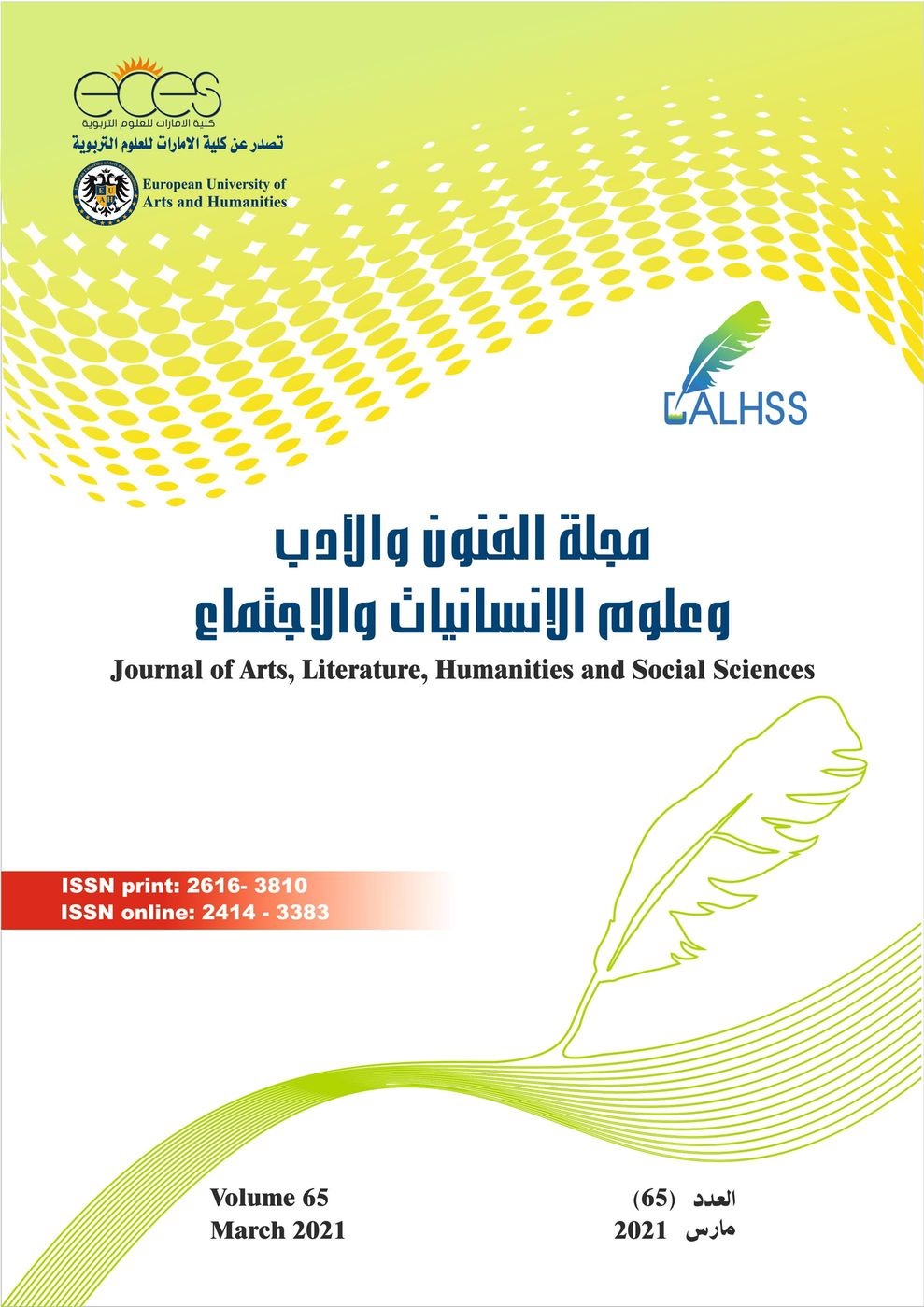تقييم نقدي لدور منظمة التجارة العالمية في تحقيق العدالة الاقتصادية على المستوى الدولي
(A critical evaluation)
الملخص
تأسست منظمة التجارة العالمية أجل إحداث تغيير في النظام الاقتصادي غير العادل الذي كان معمولا به في ذلك الوقت. تم تأسيس المنظمة بأهداف واعدة نحو خلق أنظمة اقتصادية وقانونية أكثر توازناً تحاول منح الدول النامية فرصة حقيقية نحو التنمية والازدهار. وقد تم ذلك من خلال اتفاقيات مكوناتها التي أوجدت مجموعة من القواعد ليلتزم بها كلا من الدول النامية والمتقدمة من أجل تحقيق هدف المنظمة المتمثل في تكافؤ الفرص واقتصاد عادل للجميع. ومع ذلك ، فإن الممارسات التي أعقبت تأسيسها تظهر بوضوح أن هذا الهدف لم يتحقق ، وفي الحقيقة الوضع الحالي يبين بوضوح أن الدول المتقدمة أصبحت أكثر ثراء والدول النامية أصبحت أكثر فقرا. لذلك تقيّم هذه الورقة بشكل نقدي ما إذا كان النظام الاقتصادي الدولي غير عادل ويجب استبداله بنظام جديد. وتختتم الورقة بالموافقة على مثل هذا البيان والتأكيد على وجود العديد من المشكلات الجوهرية في النظام الاقتصادي العالمي الحديث الذي يتكون إلى حد كبير من منظمة التجارة العالمية والاتفاقيات المكونة لها. لذلك ، هناك حاجة ملحة لإحداث تغيير فوري في النظام الاقتصادي الدولي من أجل تحقيق العدالة في الاقتصادي العالمي بشكل كلي.
المراجع
1. EC - Tariff Preferences (2004) Appellate Body Report WT/DS246/16/Add.3 adopted on 20 July 2005
Table of Legislation and Treaties
2. Agreement Establishing the World Trade Organization 1994
3. Agreement on Technical Barriers to Trade 1994
4. GATT Decision on Differential and More Favourable Treatment, Reciprocity and Fuller Participation of Developing Countries 1979
5. General Agreement on Tariffs and Trade 1994
6. Trade Facilitation Agreement 2013
7. Waiver for Preferential Treatment for Least-Developed Countries 1999
Secondary Sources
8. Alessandrini D, Developing Countries and the Multilateral Trade Regime: The Failure and Promise of the WTO’s Development Mission (1st edn Hart 2010)
9. Brown C, Hoekman B, ‘WTO Dispute Settlement and the Missing Development Country Cases: Engaging the Private Sector’ (2005) 8 Journal of International Economic Law 861
10. Carreau D, Juillard P, ‘Droit International Economique (5th edn Dalloz 2010)
11. Christensen J, ‘Fair Trade, Formal Equality and Preferential Treatment’ (2015) 41 Social Theory and Practice 505
12. Elsig M, ‘Help From the Secretariat and the Critical Mass?’ in Debra Steger (ed), Redesigning the World Trade Organization for the 21st Century (1st edn Wilfred Laurier 2010)
13. Feichtner I, The Law and Politic of WTO Waivers: Stability and Flexibility in Public International Law (1st edn CUP 2012)
14. Fritz T, ‘Special and Differential Treatment for Developing Countries’ (2005) 18 Global Issue Papers 4
15. Fukasaku K, ‘Special and Differential Treatment for Developing Countries: Does it Help Those who Help Themselves?’ (2000) United Nations World Institute for Development Economics Research Working Paper No 197, available online at
16. Halle M, ‘WTO and Sustainable Development’ in Yasuhei Taniguchi and others (eds), The WTO in the 21st Century - Dispute Settlement, Negotiations, and Regionalism in Asia (!st edn CUP 2007)
17. Hunter J, ‘Broken Promises: Trade, Agriculture and Development in the WTO’ (2003) 4 Melbourne Journal of International Law’ 299
18. Josling T, ‘Special and Differential Treatment for Developing Countries’ in Kym Anderson, Will Martin, Agricultural Trade Reform and the Doha Development Agenda (1st edn World Bank/Palgrave MacMillan 2005)
19. Keck A, Low P, ‘Special and Differential Treatment in the WTO: Why, When and How?’ (2004) WTO Staff Working Papers No ERSD-2004-03 available online at; https://pdfs.semanticscholar.org/5bff/cc644b300e2496ca40b655cf1c93e041796e.pdf> accessed 22 April 2019
20. Lester S and others, World Trade Law: Text, Materials and Commentary (3rd edn Bloomsbury 2018)
21. Panagariya A, ‘A Re-Examination of the Infant Industry Argument for Protection’ (2011) 5 The Journal of Applied Economic Research 7
22. Schaffer G, ‘Developing Country Use of the WTO Dispute Settlement System: Why it Matters, the Barriers Posed’ (2008) Minnesota Legal Studies Paper 08-50, available online at;
23. Singh A, Special and Differential Treatment, The Multilateral Trading System and Economic Development in the 21st Century (1st edn Zed Books 2003)
24. Supper E, ‘Is There Effectively A Level Playing Field for Developing Country Exports?’ (2001) UNCTAD Policy Issues in International Trade and Commodities Study Series No 1. Available online at
25. Tijmes-Lhl J, ‘Consensus and Majority Voting in the WTO’ (2009) 8 World Trade Review 417
26. Todaro M, Economic Development (7th edn Addison Wesley 2000)
27. Trebilcock M and others, The Regulation of International Trade (4th edn Routledge 2013)
28. Van den Berg H, Lewen J, International Trade and Economic Growth (1st edn Routledge 2007)
29. Van den Bossche P, Zdouc W, The Law and Policy of the World Trade Organization (3rd edn CUP 2013)
30. Walker A, ‘The WTO Has Failed Developing Countries’ The Guardian, 14 November 2011, available online at;
31. Wolfe R, ‘Decision-Making and Transparency in the ‘Medieval’ WTO: Does the Sutherland Report Have the Right Prescription?’ (2005) 8 Journal of International Economic Law 631.



